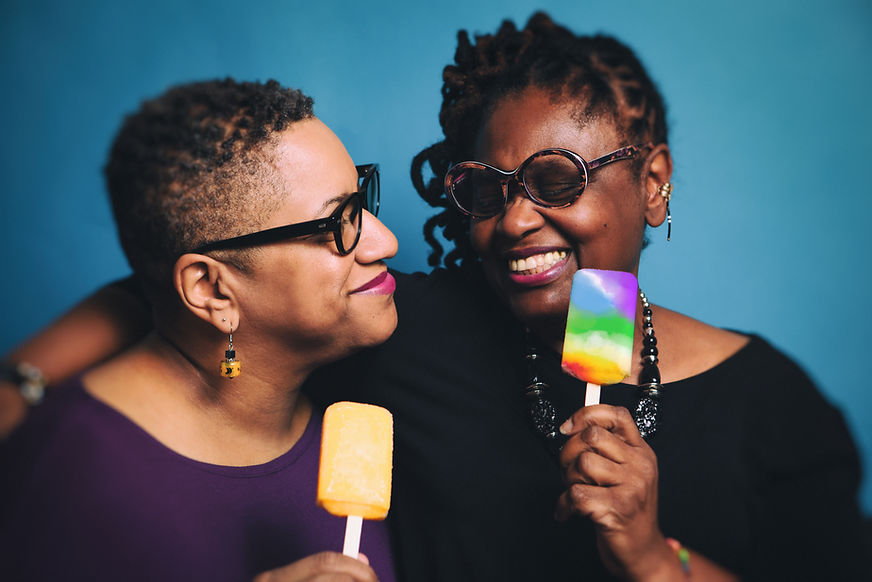
The Importance of Pride


Every year throughout June, Pride festivals and events take place across the world, commemorating the anniversary of the Stonewall riots. These riots, which began outside the Stonewall Inn in Greenwich Village, New York City, in late June 1969, are widely recognised as the catalyst for the modern LGBTQ+ rights movement. It was the first time queer communities collectively fought back against the routine police raids on gay bars and clubs.
Among the pioneering activists of the Stonewall uprising were Marsha P. Johnson, a Black drag queen, and Sylvia Rivera, a Latinx transgender woman. Their bravery and activism played a crucial role in accelerating the fight for LGBTQ+ liberation. Without their resistance, progress towards equality may have been significantly slower.
The Ongoing Global Struggle
Despite the progress made in many parts of the world, LGBTQ+ people continue to face oppression and discrimination. According to data from the International Lesbian, Gay, Bisexual, Trans and Intersex Association (ILGA World), there are still 49 countries that criminalise same-sex relationships with imprisonment, and 11 that impose the death penalty for homosexuality.
In the UK and across Europe, we have seen significant legal and social advancements, from the decriminalisation of homosexuality in the late 1960s to the liberation movements of the 1970s, 80s, and 90s. Today, we have near-full legal equality, with protections including gender recognition, civil partnerships, equal marriage, and anti-discrimination laws.
The Work Still to Be Done
While legal progress has been made, social reform remains an ongoing challenge. Hate crimes against LGBTQ+ people are increasing, yet many go unreported. Stonewall estimates that over 80% of hate crimes and hate incidents targeting LGBTQ+ individuals are never officially recorded. Domestic violence and abuse within same-sex relationships are often misunderstood or overlooked, and many LGBTQ+ people remain reluctant to seek support due to fear of discrimination.
Many same-sex couples still feel unable to show affection in public, fearing verbal or physical attacks. Meanwhile, LGBTQ+ children and young people frequently experience homophobic, biphobic, and transphobic bullying—often at school or on their journey to and from school. Alarmingly, in some cases, this abuse is perpetrated by school staff.
LGBTQ+ adults also face discrimination in healthcare and social care settings, leading to poorer health outcomes. Many delay seeking medical attention due to fears of prejudice, which can result in late diagnoses and more severe health conditions.
For older LGBTQ+ people, particularly those living with Alzheimer’s or dementia in residential care, there is often a fear of revealing their sexual orientation or gender identity. Many worry about discrimination or abuse from staff, fellow residents, or visitors at a time when they are most vulnerable. Mental health challenges, including anxiety, depression, and loneliness, disproportionately affect LGBTQ+ people across all age groups, and accessing appropriate support remains a significant hurdle.
The Rising Attacks on Transgender People
Violence and discrimination against transgender people are increasing, both online and in daily life. Trans people are being attacked on the streets, on public transport, in workplaces, and even in their own homes. The media, including influential public figures with large platforms, often contribute to this hostility by spreading misinformation and harmful rhetoric, disproportionately targeting trans women.
Why Pride Still Matters
Pride began as a protest in New York City in 1969, led by Black, Latinx, and trans people of colour. Today, it has evolved into a global celebration of LGBTQ+ identity, visibility, and resistance—but its roots in activism remain vital.
We must continue to stand in solidarity with our Black, Latinx, trans, and non-binary siblings. We need allies, leaders, and role models—both from within and outside of the LGBTQ+ community—to advocate for our rights, protections, and freedoms. These hard-won rights should never be taken for granted.
Now more than ever, Pride is essential—not just as a celebration, but as a platform to educate, raise awareness, and fight against homophobia, biphobia, and transphobia in all its forms.
Steven Pullen Founder Sheppey Pride / Swale Pride 2018
